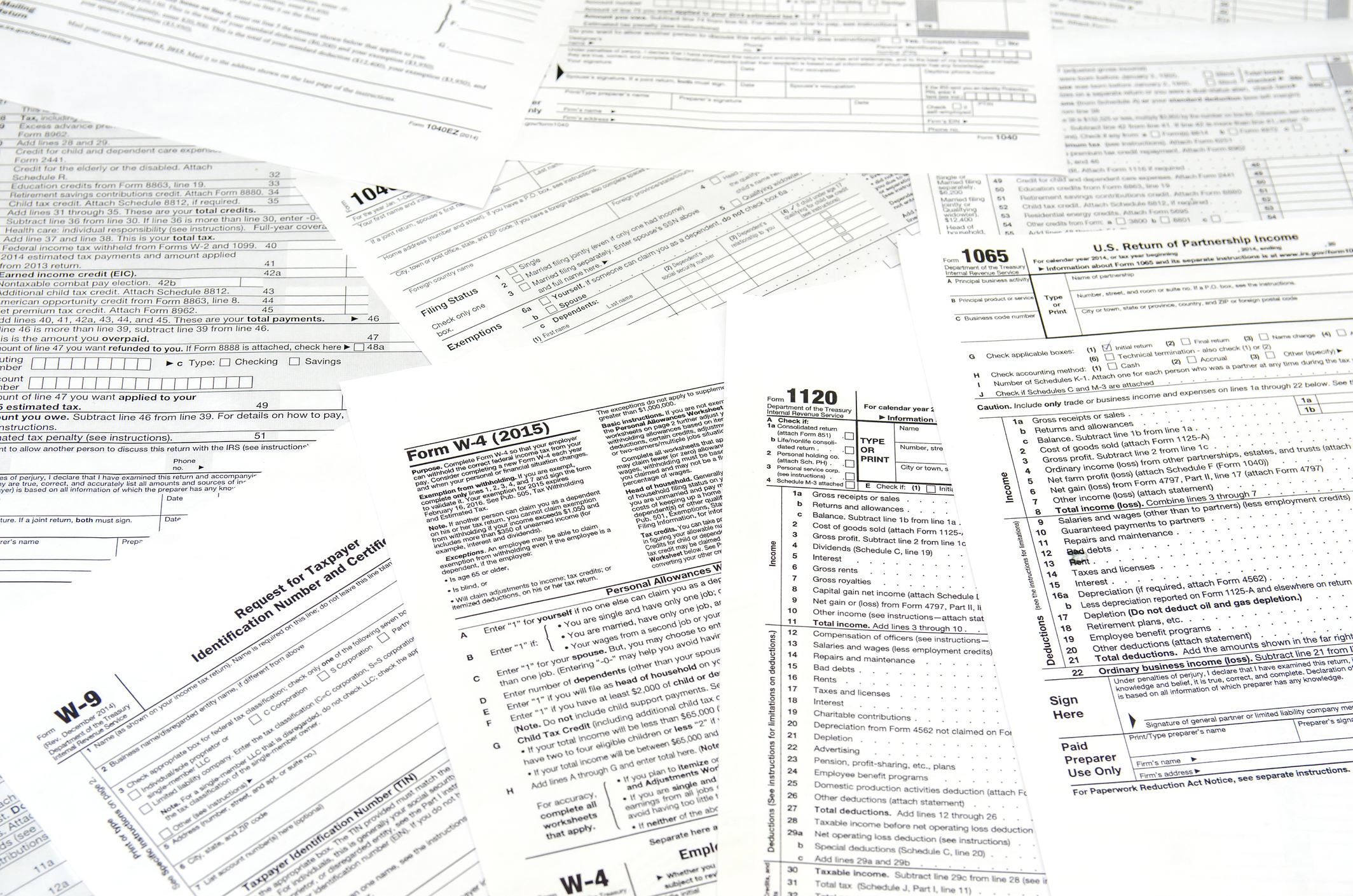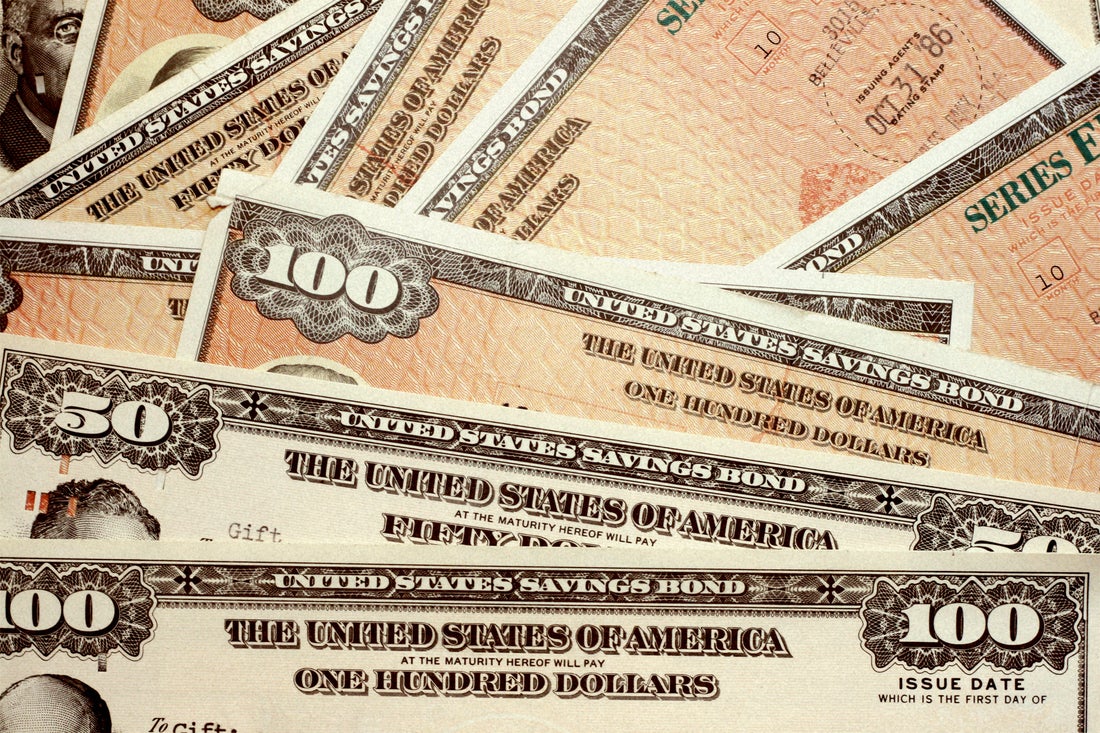What is a wire transfer?
A wire transfer is a method of moving money from one bank account to another bank account. They’re used by both individuals and businesses who value safety and speed.
A number of payment apps such as PayPal (PYPL +1.44%) and Zelle -- once a standalone app that's now a joint venture of seven of the largest U.S. banks, including JPMorgan Chase (JPM -1.90%) and Bank of America (BAC -4.98%) -- have sprung up over the last decade. However, wire transfers remain the gold standard when you need to send a large payment, an overseas payment, or a very quick payment.



















